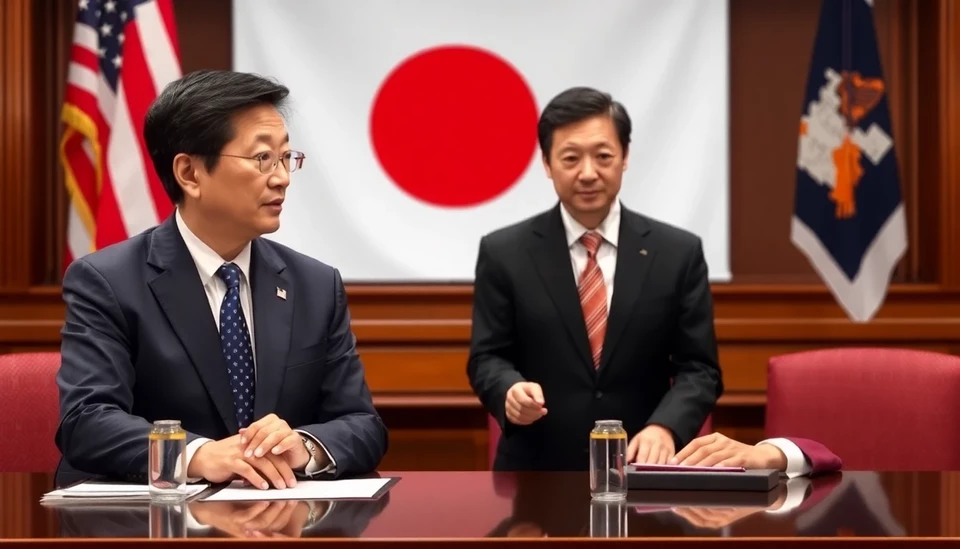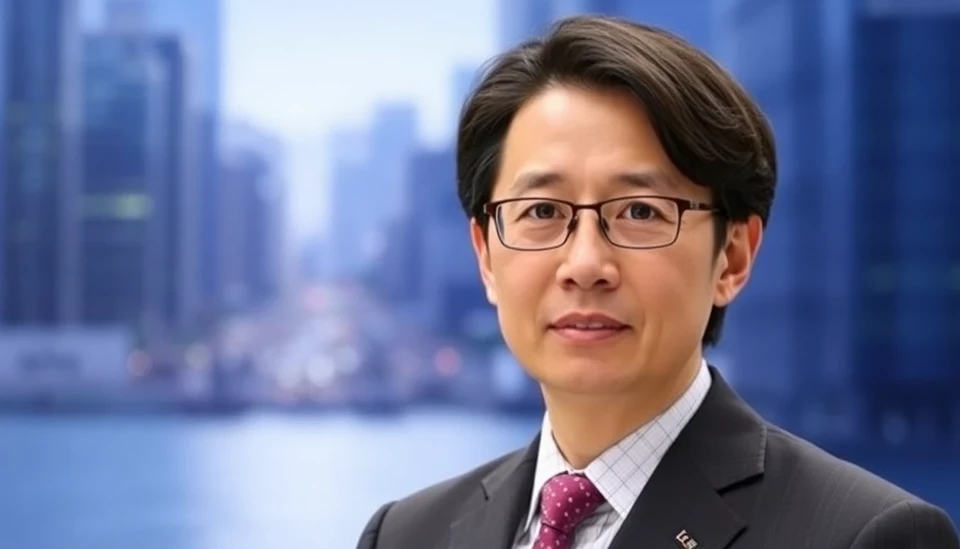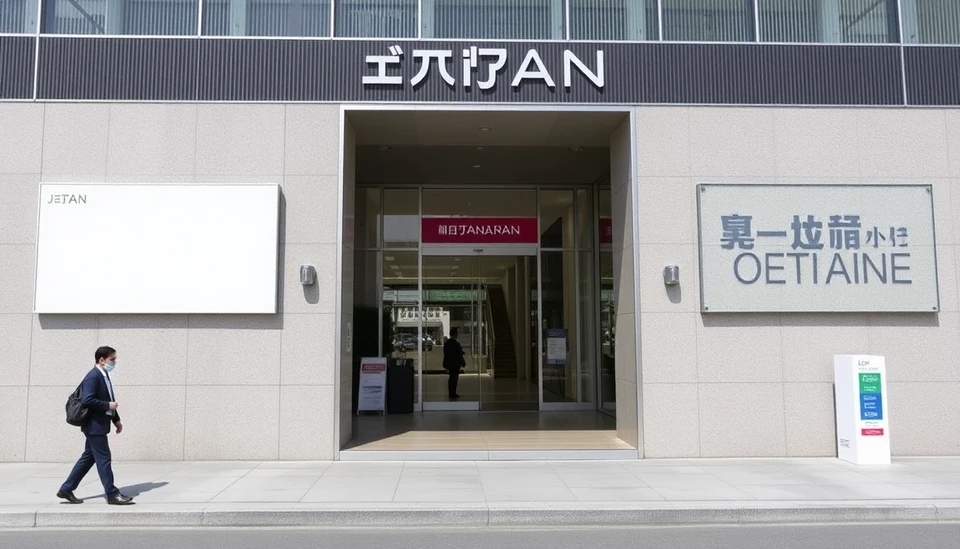In a significant setback for Japan's semiconductor sector, the recent electoral defeat of a prominent proponent of the industry, Taro Kono, has raised concerns about the future of the nation's ambitious chip-making initiatives. Kono, known for his pivotal role in shaping Japan's semiconductor strategy, lost his seat in the House of Representatives, leading to questions about the continuity of support for the country’s efforts to revitalize its chip manufacturing capabilities.
Taro Kono, a member of the ruling Liberal Democratic Party (LDP) and former minister in charge of digital transformation, has been a leading voice in advocating for the semiconductor industry's growth. His departure from the political scene comes at a time when Japan is striving to reclaim its position in the global semiconductor supply chain, a sector that has seen increasing competition from countries like the United States and China.
The loss of Kono, who was considered a key figure in urging government actions and investments into the semiconductor field, raises doubts over the viability of Japan’s plans to make significant advancements toward self-sufficiency in chip production. The country has been working on initiatives to draw in investment and increase local manufacturing capabilities, especially in light of global supply chain disruptions exacerbated by recent geopolitical tensions.
Experts indicate that Kono's absence could lead to a shift in priorities within the cabinet, which is crucial as Japan aims to foster an environment conducive to the growth of its semiconductor market. The government's commitment to enhancing domestic production is vital, particularly as the nation has aimed for a more prominent role in the global semiconductor ecosystem through partnerships and collaborations.
With Japan’s chip sector still recovering from past declines and technological lag, stakeholders are worried that this political shift may lead to a loss of momentum. Kono had been instrumental in introducing various policies and measures aimed at bolstering the semiconductor landscape, including research and development funding, as well as incentives for private sector investments to enhance production capabilities.
The future of Japan’s semiconductor strategy and the vitality of its supply chains may depend significantly on who takes up the mantle following Kono’s exit. Analysts anticipate that a change in leadership could hinder the aggressive pursuit of policy reforms needed to propel Japan into a competitive position globally. This potential vacuum in leadership also casts uncertainty over the continuation of Japan’s cooperative efforts with international partners, essential for fostering innovation and technological advancement within the sector.
As Japan navigates this challenging landscape, the implications of Kono’s election defeat could reverberate throughout the semiconductor industry, possibly stalling progress that many stakeholders see as crucial for the country's economic resurgence. Industry leaders and analysts will be keeping a close eye on the unfolding political dynamics as the nation seeks to solidify its place in a fast-evolving global market.
Will Japan’s government be able to rally support for its semiconductor ambitions without a key advocate like Kono? Only time will tell, but the outcome of this political shift could play a pivotal role in defining the future of Japan's semiconductor industry.
#Japan #semiconductor #TaroKono #electiondefeat #chipmanufacturing #politicalshift #globalmarket #supplychain
Author: Daniel Foster




